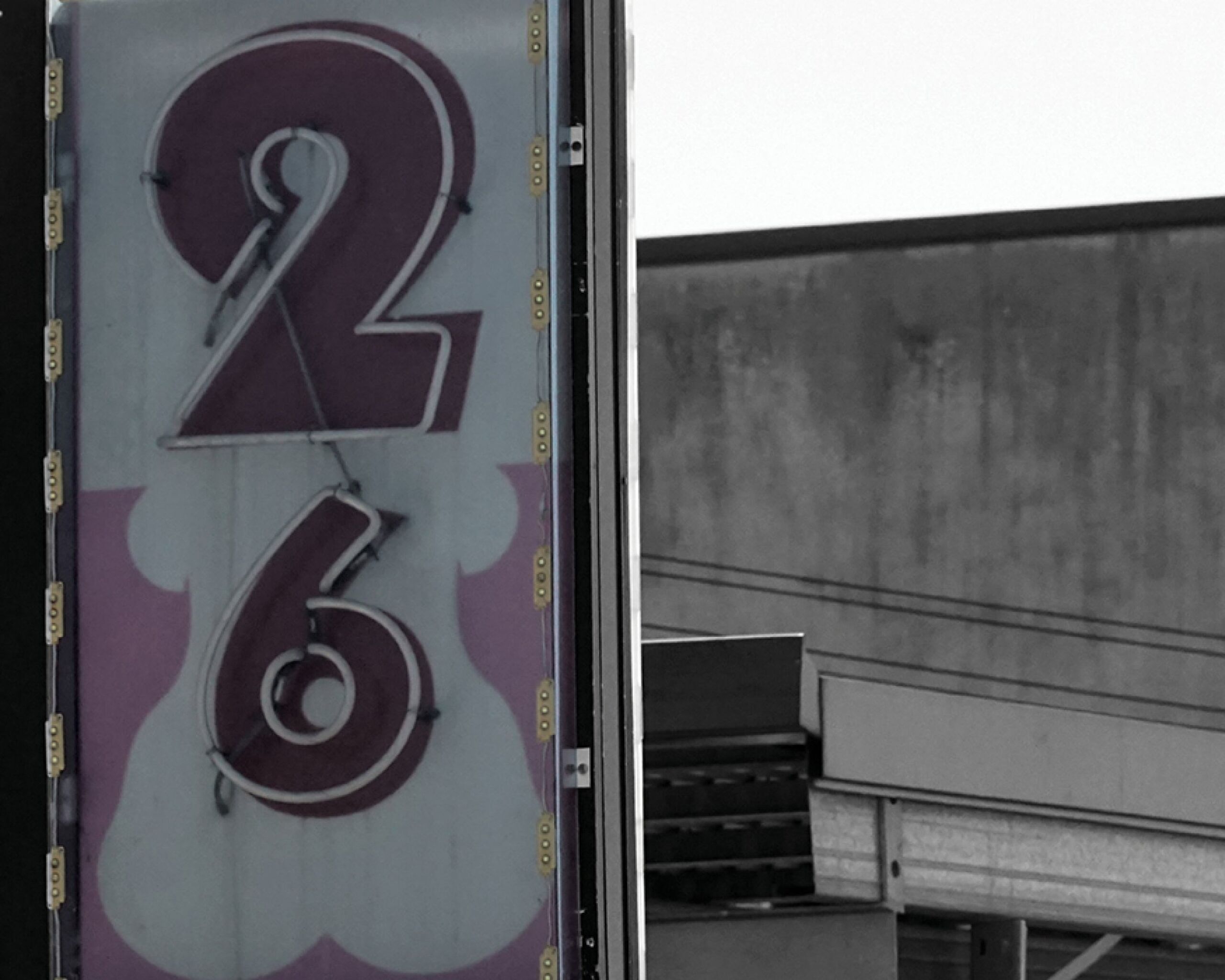Women's Services report into migrant sex workers
Stigma, stress, violence, worker’s rights and healthcare support are all issues migrant women still face in Sydney’s lower-end brothels.
Scroll to Explore

01 July 2020
News
| HopeStreet
Stigma, stress, violence, worker’s rights and healthcare support are all issues migrant women still face in Sydney’s lower-end brothels.
BaptistCare HopeStreet has released the findings from its Women’s Services division’s first research report on Sydney’s sex industry, providing insights into the experiences of culturally and linguistically diverse (CALD) women working in the city’s lower-end brothels.
Over 100 women participated in the report over a 10-month period about their experiences as migrant sex workers in Sydney. The project originated from BaptistCare HopeStreet’s goal to better understand the needs and concerns of this group of women, whose experiences have not yet been thoroughly researched in Australia.
The Working with Migrant Sex Workers in Sydney’s Lower-End Brothels report explores the demographics of Sydney’s sex workers, the length of their involvement with the sex industry, their experiences of stigma, stress, violence, substance use and sexual health, and their education and working rights.
Key findings include:
- Stigma still surrounds the industry in Sydney: Only 5% of the women surveyed stated that they felt comfortable disclosing their job to their loved ones, confirming that sex workers in Sydney still face isolation from their friends and family due to concerns around how others perceive their work. 73% of the women surveyed believed that Australian society still has a negative view of sex workers.
- There’s an urgent need for more assistance with visas and immigration issues: 93% of respondents did not have permanent residency, holding bridging, working or student visas. Some respondents falsely believe sex work in Australia would provide an avenue to gain permanent residency, confirming an urgent need for more assistance with visas and immigration issues and education.
- Long hours are still the norm for Sydney-based sex workers in lower-end brothels: The majority of women responded that they work 3-5 days per week, but may be ‘on call’ on these days for long periods of time (over 8 hours or overnight).
- Migrant sex workers face high rates of violence at work and at home: 54% of the women surveyed have experienced domestic violence in previous or existing relationships, and 42% stated they have dealt with difficult or violent clients.
- Workers aren’t always able to choose their clients: One in four women stated they are never able to choose their clients, and only 23% were always given the option to choose their clients.
- Mental health is a key concern: When discussing mental health, stress and stigma, 21% of the women survey stated they struggle to relax and get agitated easily. The majority of women stated they sometimes feel unable to cope with their stress levels, and do not know how to get support when faced with a difficulty.
- Some workplaces are not upholding sex workers’ rights: Only 23% of workplaces provide condoms and other protective equipment to workers, despite this being required by law. 88% of women did not have a signed contract, and 15% of women knew they were working in an unlicensed premise.
“This report has identified many serious issues, and the social stigmatisation of sex workers is at the heart of many of those challenges,” said Jess Davidson, BaptistCare HopeStreet Women’s Services Manager.
“Through many avenues, from case work to support for access to visa and immigration services, the ultimate goal of our work is to relieve the isolation, marginalisation and loneliness that many of these women face.”
“Everyone deserves to be treated with respect and dignity, living in safety with good hope for a better future; that is the foundation of our work with lower-end brothel-based sex workers, who regularly face discrimination, violence and threats to their physical and mental wellbeing,” added Rob Ellis, General Manager Community Services at BaptistCare.
“BaptistCare HopeStreet remains committed to contributing to the creation of a fairer and less dangerous environment for migrant women working in Sydney’s sex industry.”
The report confirmed that support services, such as those provided by BaptistCare HopeStreet Women’s Services, remain crucial for lower-end brothel-based sex workers. When women had sufficient knowledge of how to get support when experiencing difficulties, which comprised 30% of the women surveyed, they were more likely to enjoy their job than those women who stated they did not know how to access support.
The report also contradicts several widely-held misconceptions around brothel-based sex workers in Sydney, particularly regarding their age. Most of the women surveyed (71%) were aged 26-49, challenging the widely-held opinion that most sex workers are young women in their early 20s; 40% of them were 34-41, and 22% were aged 42-49.
Following the research’s findings, BaptistCare HopeStreet Women’s Services developed three key recommendations for immediate action, including strongly advocating for women in the sex industry to help break down stereotypes and stigma, ramping up education around the issues highlighted by the report, and creating resources for stress management to be made available to BaptistCare HopeStreet Women’s Services clients.
Beyond these recommendations, BaptistCare HopeStreet Women’s Services, which has been working with women in the sex industry for over 25 years, will continue to identify new avenues to assist sex workers living and working in Sydney, including direct outreach, new initiatives with brothel management, and partnerships with other organisations working in this space.
In 2019, BaptistCare HopeStreet Women’s Services visited over 200 different low-end brothels, connecting with over 1,000 women. The team distributed over 12,000 sexual health products, welcomed roughly 1,800 drop-in visits, and provided over 1,400 hours of case work and counselling.*
* Includes both CALD and non-CALD women, women in the sex industry and women not in the sex industry.